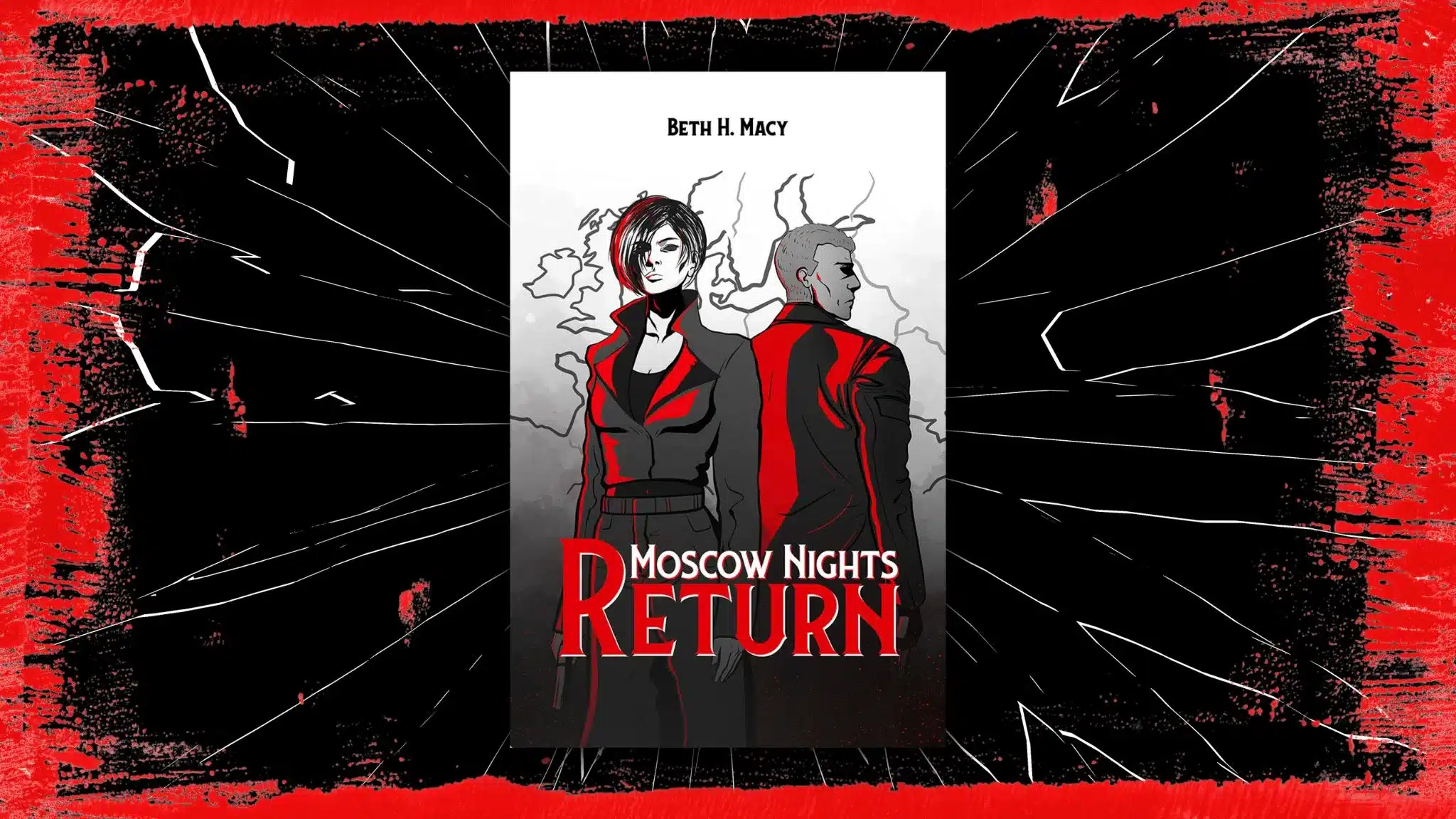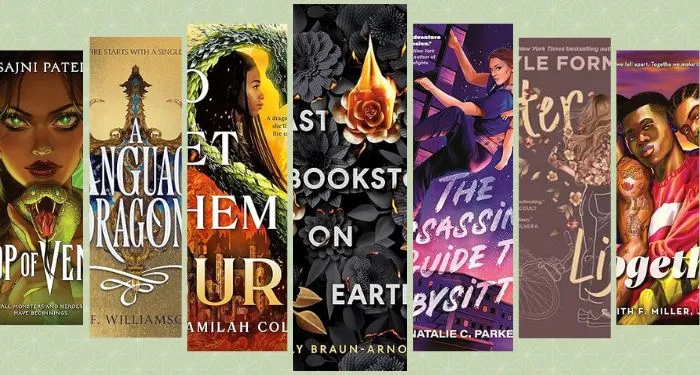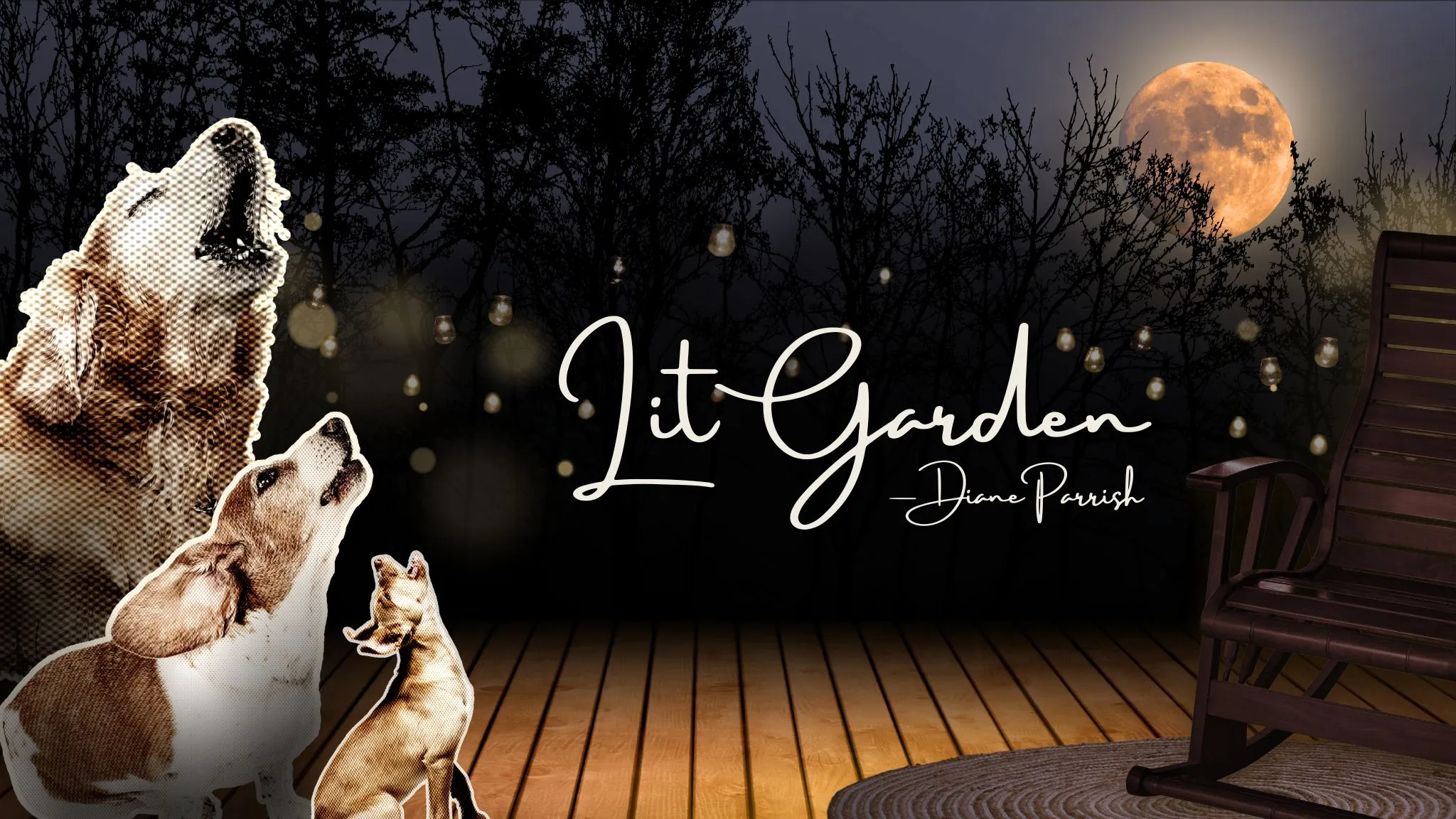Tomb of the Black Pharaoh by Christopher Michael is a heart-pounding mix of Lovecraftian horror and historical espionage that will captivate fans of cosmic terror and WWII thrillers alike. The book, which continues the author’s “Danforth Eldrich Tales of WWII” series, immerses readers in a world where ancient gods and modern warfare collide in a fight for ultimate power.
The author recently provided more insight and perspective into the world he has created.
Q: Where did you get the idea for this book?
A: It’s funny because this book actually started out as just a simple Easter Egg in another novel I was writing. As that novel began to stall and the story fizzled, I remember returning to that idea and thinking that it would make for a cool short story. I initially began it as a short story, but as I read it over and over, I realized it needed to be more than just a few pages. It was World War II, and it needed a story to be told.
Q: You call the book a Lovecraftian horror. What is meant by that term?
A: Fear of the unseen. In many of Lovecraft’s books, you either get only a small glimpse of some kind of creature or its power, or you get none. Many of the stories are related through first-hand accounts told in a memoir fashion or using notes or stories of some unfortunate individual to tell the tale. It’s also about the horrors that are seen being mainly the work of mortal men, usually for occult purposes, and any horror seen of monsters or gods becomes so terrible or indescribable that it either can’t be told or can’t be explained. To see and attempt to understand it drives one to madness.
Q: How did you approach blending Lovecraftian horror with the historical backdrop of World War II? What challenges did this fusion of genres present?
A: Well, the first approach was to find a place where many of Lovecraft’s greatest stories and WWII-era history collided. In this case, Lovecraft was a big fan of books that took readers to bizarre and ancient locales. This worked out well with the history of the Nazi SS, particularly the Ahnenerbe, seeking many occult artifacts and their fascination with the occult. The two genres seemed destined to be together.
The challenge was that Lovecraft’s fiction mainly takes place in a pre-WWII setting, with many in the early 20th century. With little technology and media, it made for an interesting view into a world that was still full of unexplored places. During WWII, you now had things such as video cameras capturing images of combat, reporters telling stories directly from the frontlines, and a well-documented war that spanned the globe, leaving very few places untouched. Overcoming that obstacle required creating and crafting a story where the character of Danforth, by occupation, finds himself in more isolated and unexplored places.
Q: Your protagonist, Robert Danforth, as a former Miskatonic University scholar, is steeped in the horrors of the past. How does his prior experience in the “At the Mountains of Madness” shape his actions and mindset throughout this story?
A: By the end of At the Mountains of Madness, Danforth is recovering from what seemed to be a mental breakdown due to his trauma in Antarctica. That trauma, particularly visions that once did not make sense but are now extremely vivid and understandable, still weigh heavily on his psyche. Instead of confining himself to a mental institution and unable to deal with the trauma, he develops an unhealthy obsession with the occult and seeks it out. In further stories, I plan to flesh this story out and talk about the places and things that Danforth engaged with before his service in war. Needless to say, he has knowledge that few people possess. It’s just whether his mind can handle it. Any one incident could render him insane or suicidal in a moment.
Q: The Amulet of the Black Pharaoh represents a tremendous source of power. How do you explore the theme of power — both its allure and its dangers — in the context of the Nazi pursuit and the ancient cosmic forces?
A: In Lovecraftian lore, the idea of power is something that mere mortals have no ability to understand. We simply don’t have the minds great enough to fathom the power of beings that are so alien and powerful to us that it drives those who attempt to understand it or accidentally stumble onto it into madness. Yet, even with that, there are those who are evil and greedy enough that they still believe they can harness and use such horrifying power for their own selfish ends. There is no amount of power that evil men will not try to possess.
Q: What inspired you to set a key part of the narrative in Cairo? How does the Egyptian setting enhance the story’s atmosphere and tension?
A: Egypt holds a special place in Lovecraftian lore. In his final work The Haunter of the Dark, Lovecraft described an object of power that could summon an evil being and mentioned that it was found in Egypt in a “windowless crypt” built by the Black Pharaoh, Nephren-ka. Yet, that’s all that was mentioned by Lovecraft. His circle expanded upon this lore after his death, but I attempted to keep strictly to what the author himself had laid out. The tomb of Nephren-ka was never said to have been found, and Lovecraft was extremely fascinated by Egypt. He even wrote a story for Harry Houdini about his travels in Egypt. With the mysteries that we’re still finding in Egypt today, as well as the vast, unexplored expanses of desert and the battlefields of WWII, it was a great place to begin Danforth’s journey into the unknown.
Q: Tell us a bit about yourself — specifically, what books are currently sitting on your own nightstand?
A: Well, I’m a father, husband, law enforcement agent, combat veteran and dog lover. I feel that the book benefitted from my personal experiences in combat, and that allowed me to pour my emotions into the story, having witnessed some incredibly traumatic incidents in Afghanistan, as well as during my time as law enforcement on the U.S.-Mexico border. Having experienced trauma, it helps me to understand it myself by writing about those hoping to cope with it.
Right now, I am currently amassing my Tolkien collection, and plan on reading all the author’s original and continued works. Every year, I attempt to read all the Lord of the Rings trilogy, plus the Silmarillion, the Unfinished Tales and other books such as Children of Hurin.
Q: What do you hope readers will take away from this book?
A: I hope to introduce the Lovecraftian Cthulhu Mythos to a new generation of readers, or even an older generation of readers, and I simply want them to enjoy it. That’s the goal of reading, right? To create a story that will resonate with people and have them waiting for something else.
Tomb of the Black Pharaoh is available for purchase on Amazon.
RELATED POSTS:
Descend into Depths of Knowledge and Madness in Lovecraftian Tale
 Christopher Michael is an author who specializes in blending historical fiction with cosmic horror. His book series, Danforth: Eldritch Tales of WWII, takes readers on a gripping journey through the shadows of World War II, as his protagonist battles both ancient horrors and Nazi occult conspiracies. With a talent for weaving suspense and atmosphere, Christopher creates immersive, suspenseful narratives that captivate fans of supernatural fiction and historical thrillers alike. His unique storytelling style brings to life the chilling intersection of real-world conflict and eldritch terror, offering readers a fresh and compelling take on Lovecraftian horror.
Christopher Michael is an author who specializes in blending historical fiction with cosmic horror. His book series, Danforth: Eldritch Tales of WWII, takes readers on a gripping journey through the shadows of World War II, as his protagonist battles both ancient horrors and Nazi occult conspiracies. With a talent for weaving suspense and atmosphere, Christopher creates immersive, suspenseful narratives that captivate fans of supernatural fiction and historical thrillers alike. His unique storytelling style brings to life the chilling intersection of real-world conflict and eldritch terror, offering readers a fresh and compelling take on Lovecraftian horror.


















 English (US) ·
English (US) ·